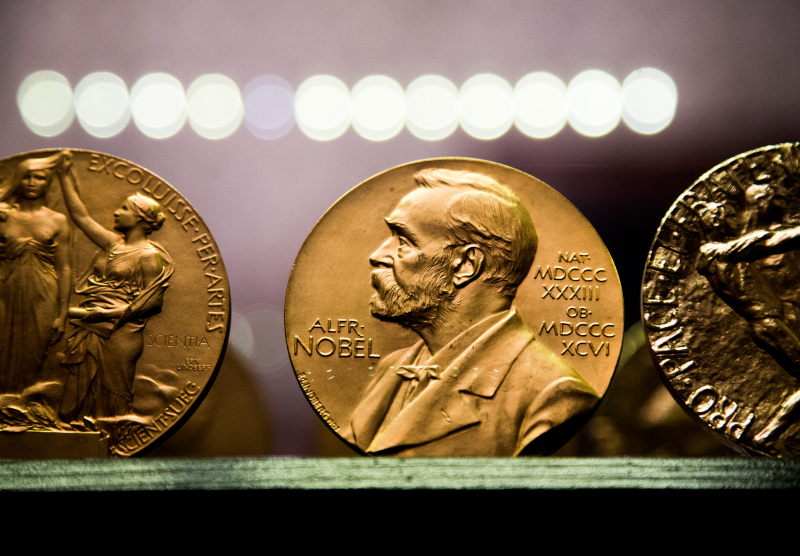
The Nobel Prizes for 2024 have been announced, and faculty from seven AAU institutions are among this year’s winners:
-
Harvard University – Professor of Genetics Gary Ruvkun shared the Nobel Prize in Physiology or Medicine “for the discovery of microRNA and its role in post-transcriptional gene regulation.”
MicroRNAs play a critical role in regulating gene expression and “can alter how organisms develop, mature, and function and malfunction,” according to Harvard. The scientists’ work revealed that microRNAs “are key players in an array of human diseases, including coronary heart disease, neurodegenerative conditions, and many forms of cancer.” Several clinical trials are now underway to test therapies based on microRNAs.
-
University of Washington – Professor of Biochemistry David Baker shared the Nobel Prize in Chemistry “for computational protein design.”
Proteins are responsible for facilitating countless biological processes in the human body. They begin as long chains of amino acids that fold into three-dimensional structures; the 3D shapes themselves, UW explains, determine how protein molecules “function in living systems and [are] important for understanding biology and developing new medicines.”
Baker and his colleagues used computational power, including artificial intelligence, to “predict protein structures with unprecedented accuracy and speed” and to even design “new proteins not found in nature.” According to UW, Baker’s lab “has created new proteins that neutralize viruses, target cancer cells, and even serve as catalysts for chemical reactions.”
-
Princeton University, California Institute of Technology, and University of Toronto – Princeton Professor Emeritus in the Life Sciences and Professor Emeritus of Molecular Biology John J. Hopfield and U of T University Professor Emeritus of Computer Science Geoffrey E. Hinton shared the Nobel Prize in Physics “for foundational discoveries and inventions that enable machine learning with artificial neural networks.”
Hopfield is also professor emeritus of chemistry and biology at Caltech, where he co-founded the university’s Department of Computation and Neural Systems in 1986. Hinton is a winner of the 2024 Golden Goose Award and is known as the “godfather of AI.”
As the Nobel Physics Committee Chair Ellen Moons said during the prize announcement, the researchers’ discoveries “form the building blocks of machine learning that can aid humans in making faster and more reliable decisions.” Their research underpins many AI tools in use today, including large language models such as ChatGPT; digital assistants on smartphones; and self-driving cars.
-
Massachusetts Institute of Technology and The University of Chicago – MIT Institute Professor Daron Acemoglu and Professor of Entrepreneurship Simon Johnson shared the Sveriges Riksbank Prize in Economic Sciences in Memory of Alfred Nobel with Chicago Professor of Global Conflict Studies James A. Robinson “for studies of how institutions are formed and affect prosperity.”
According to MIT, “The long-term research collaboration between Acemoglu, Johnson, and Robinson, which extends back for more than two decades, has empirically demonstrated that democracies, which hold to the rule of law and provide individual rights, have spurred greater economic activity over the last 500 years.”
Kritika Agarwal is senior editorial officer at AAU.